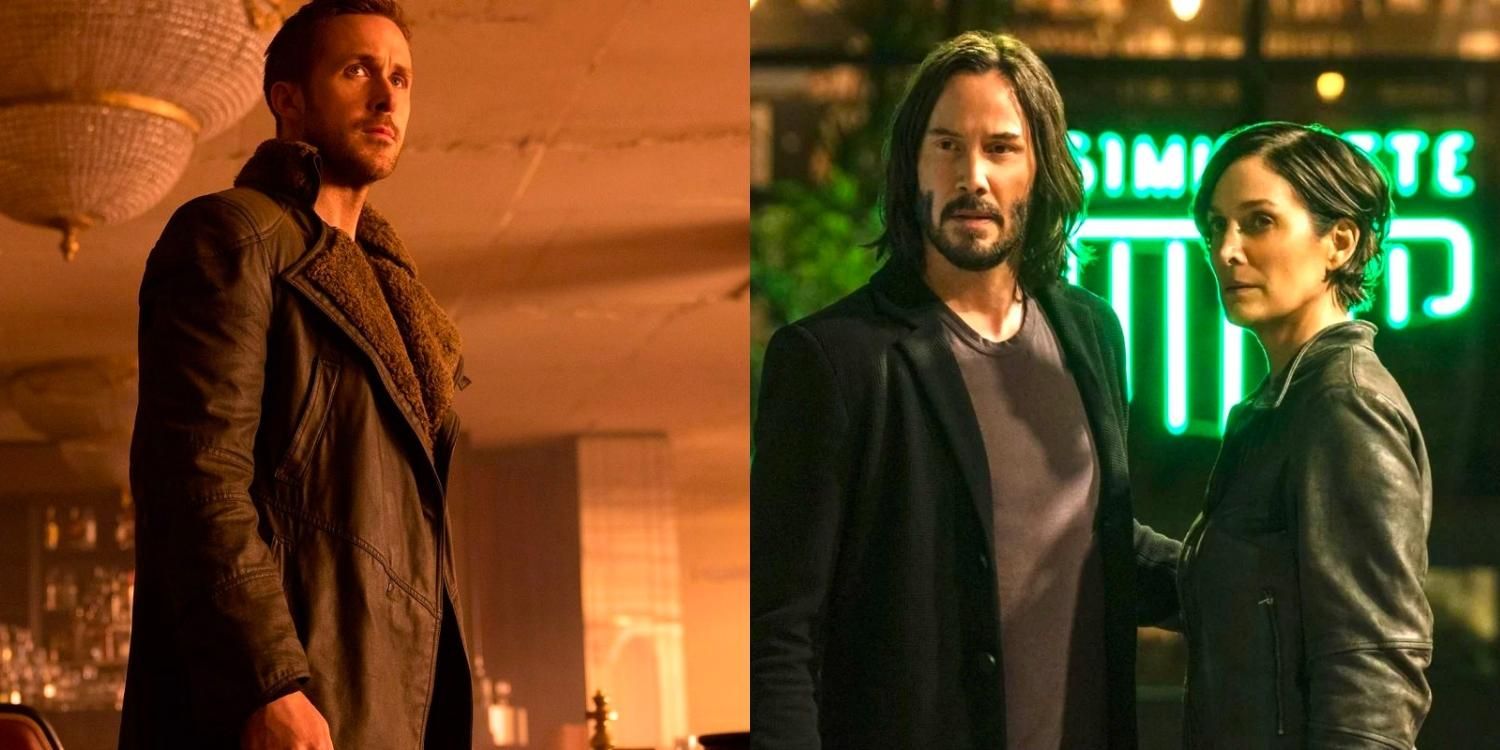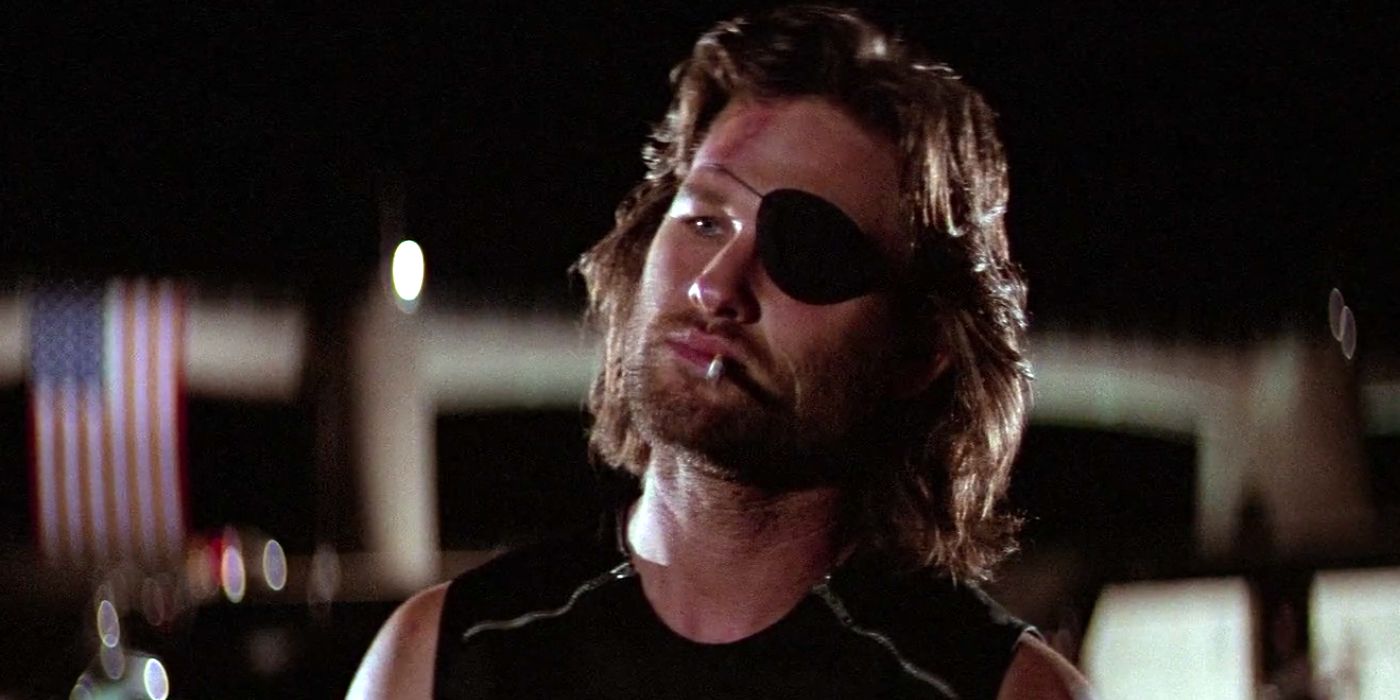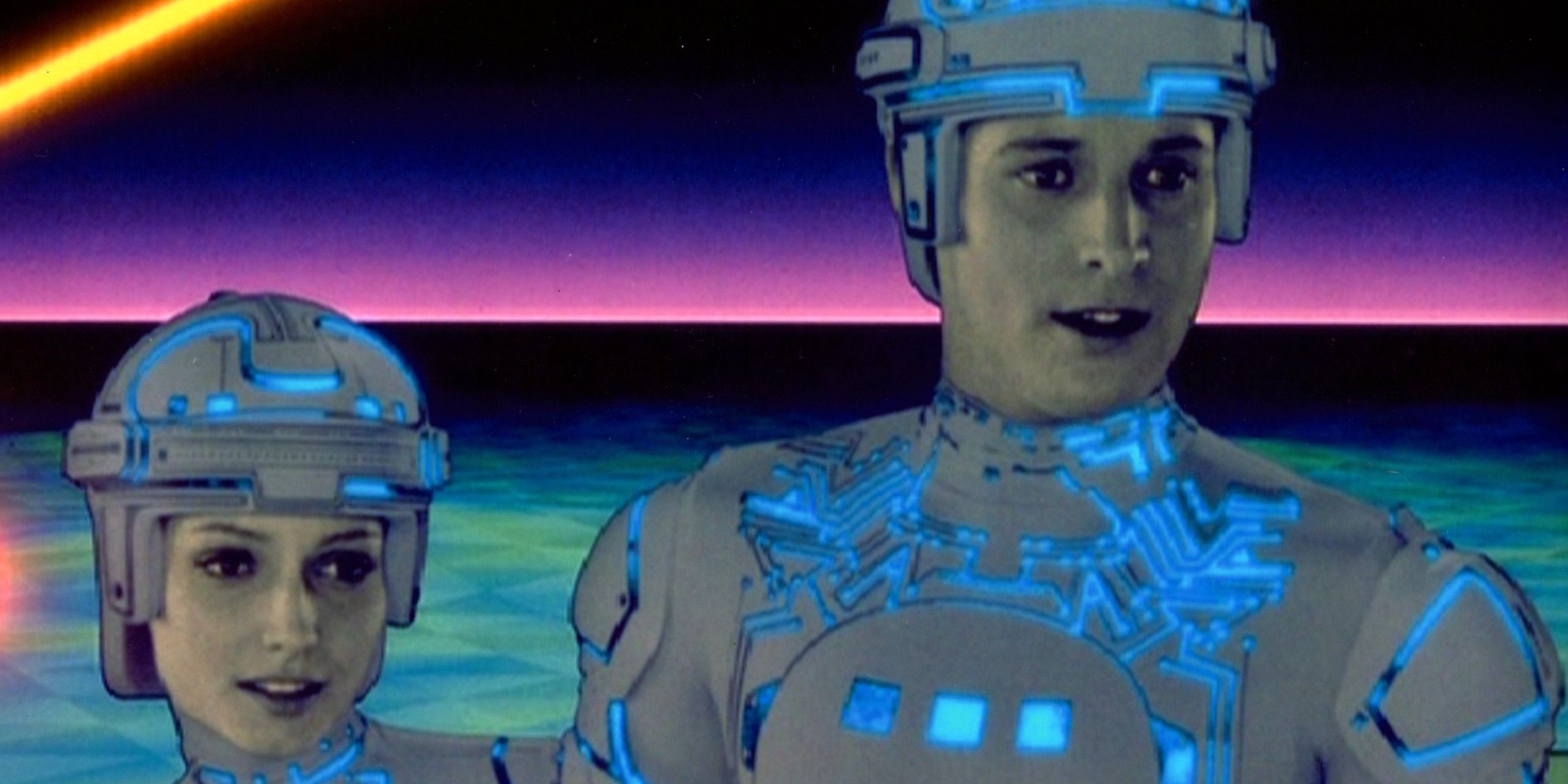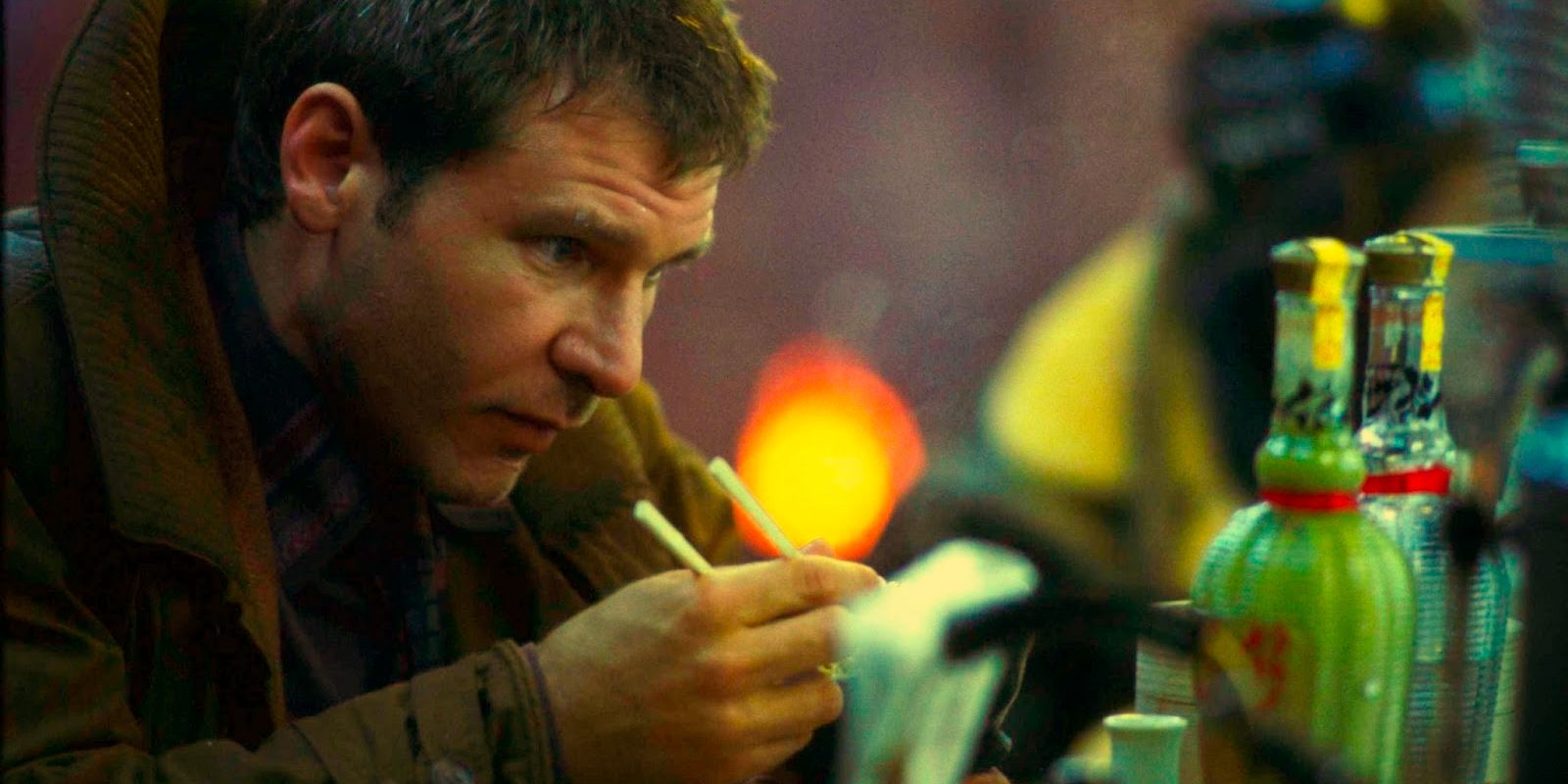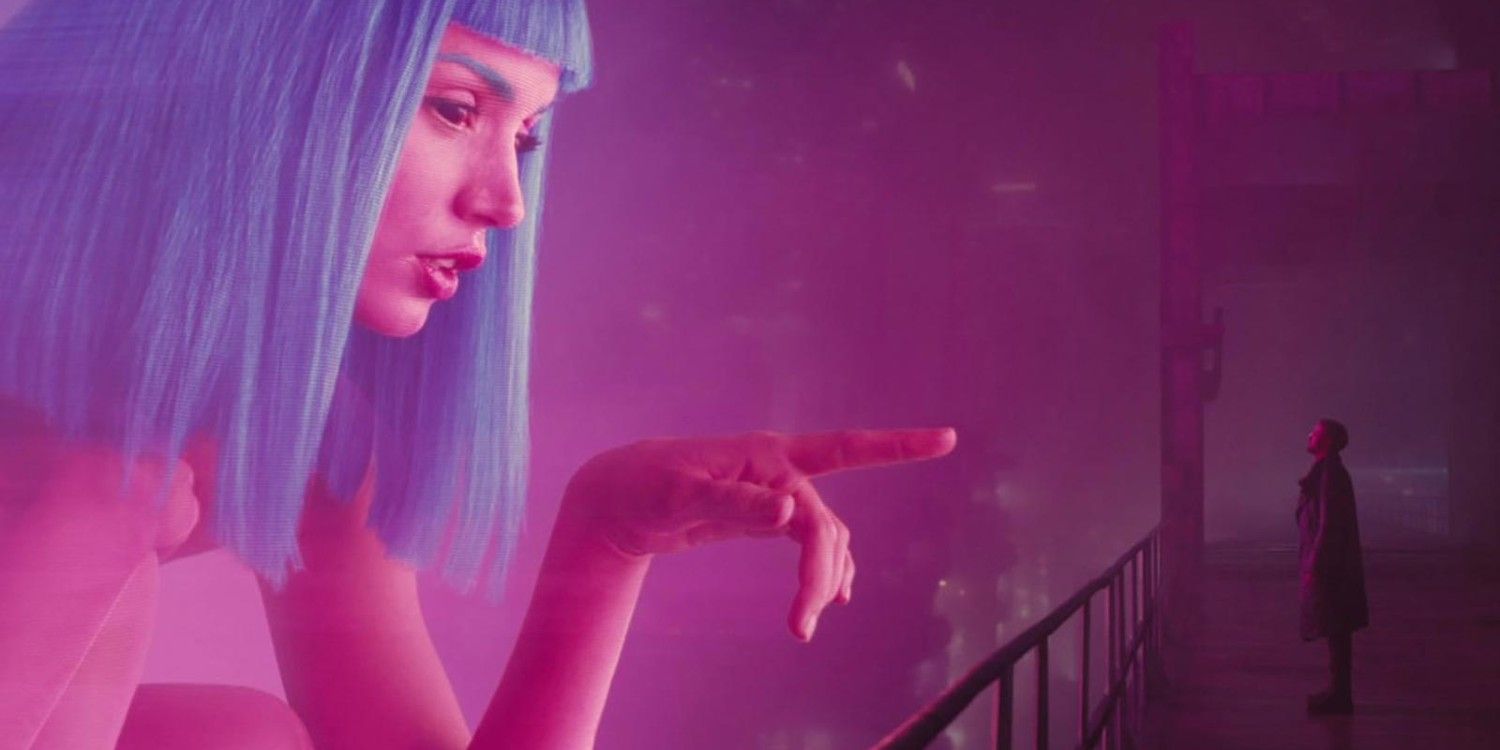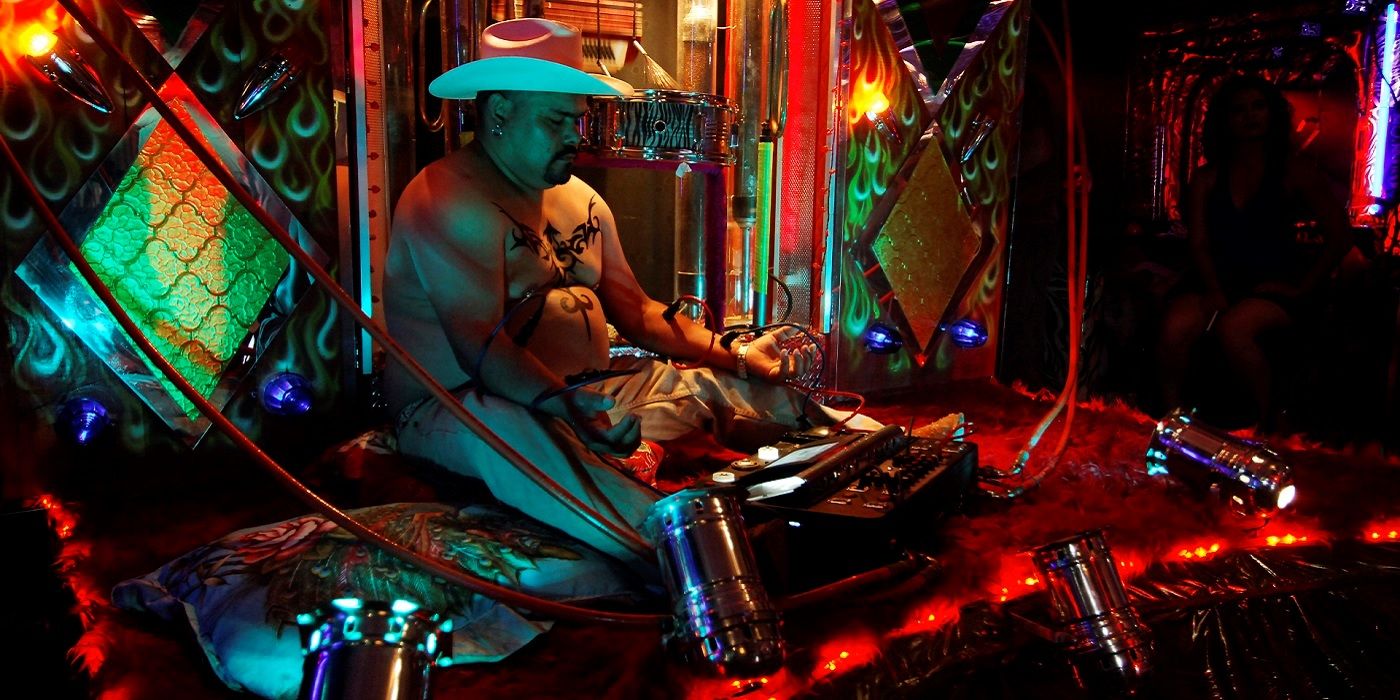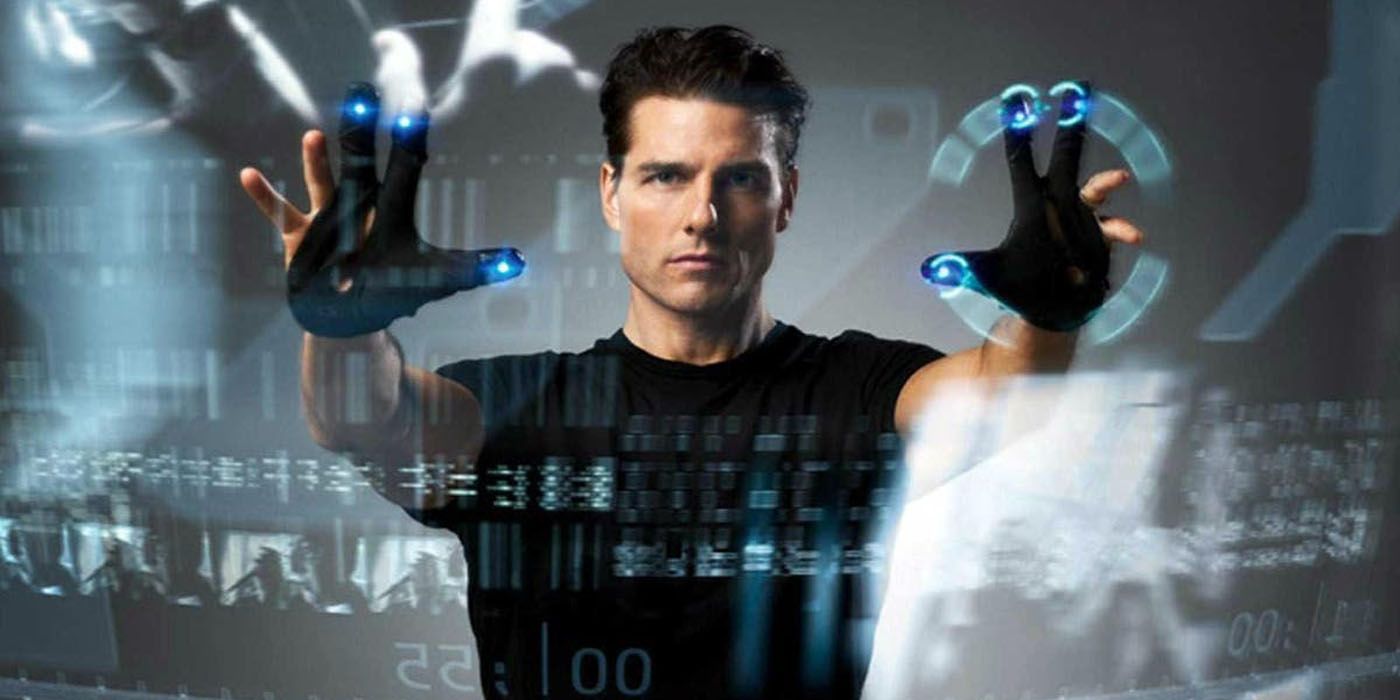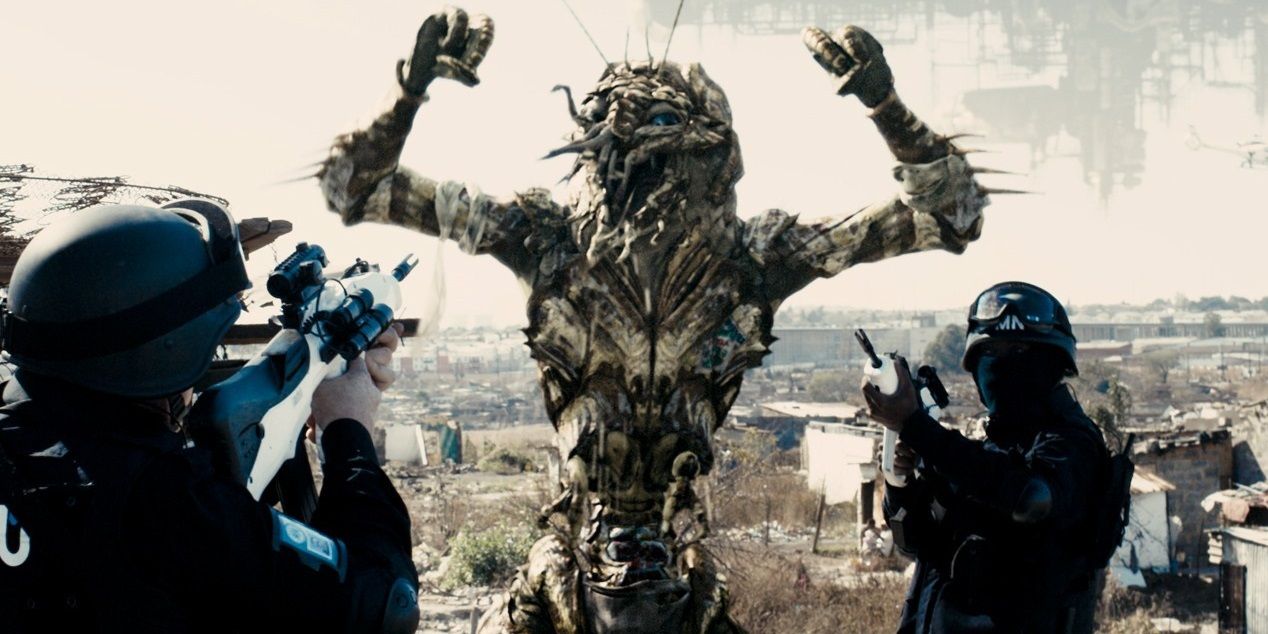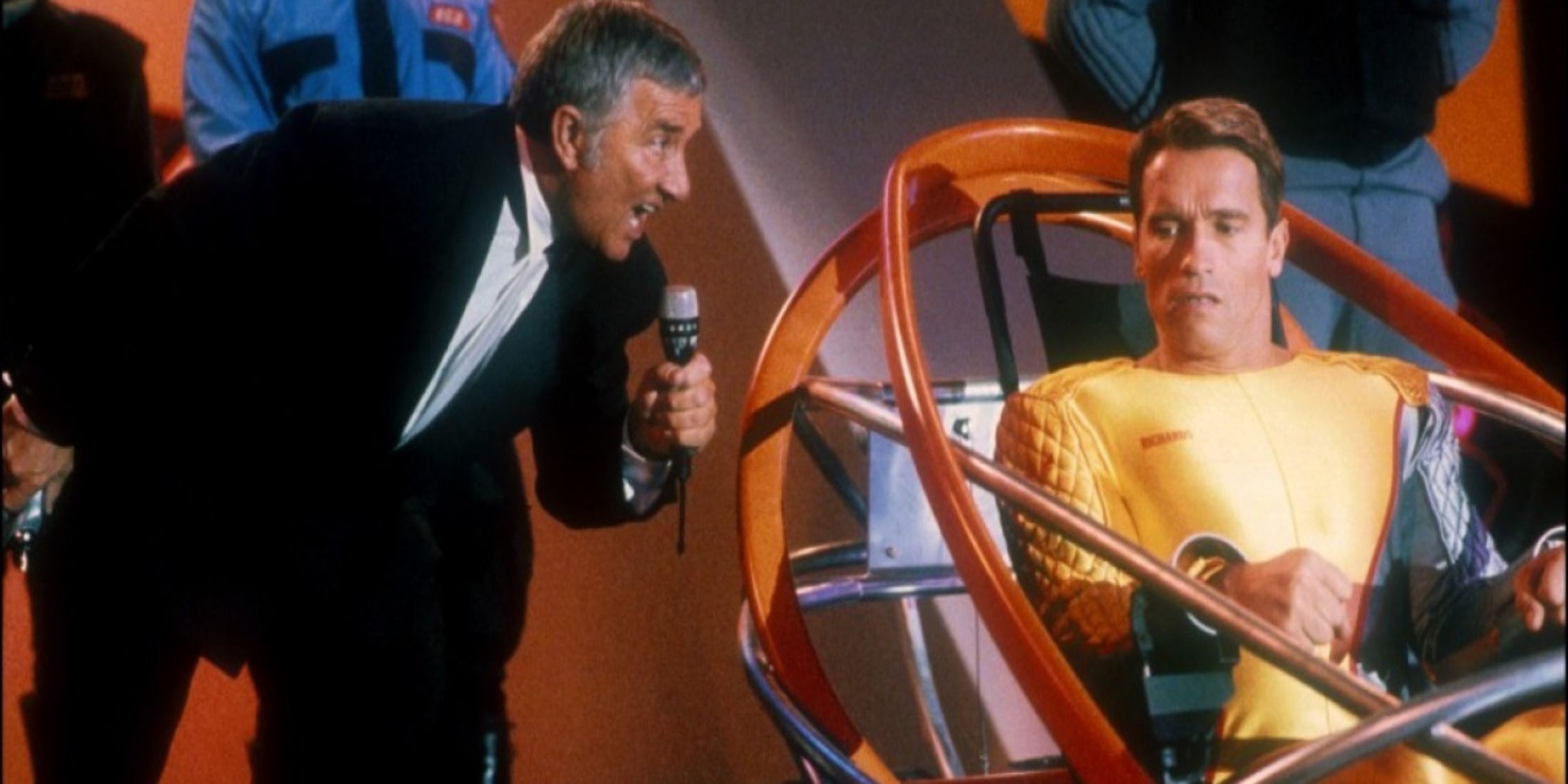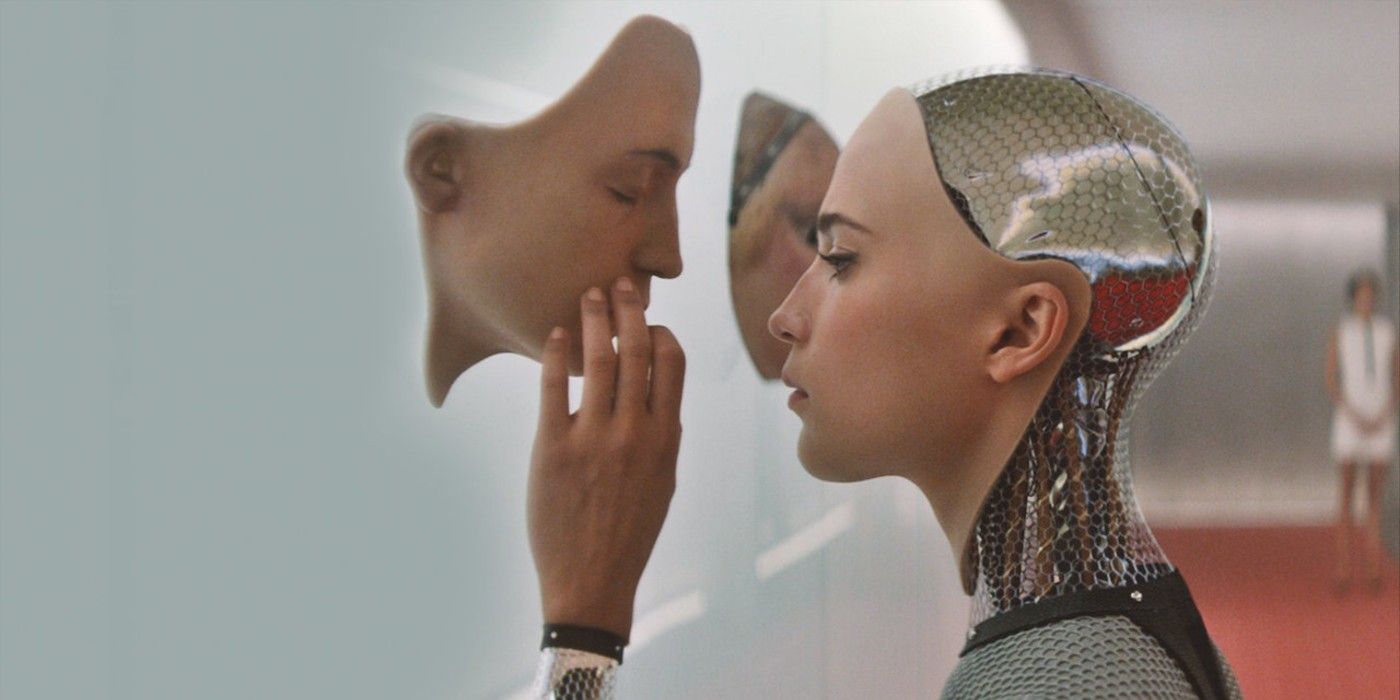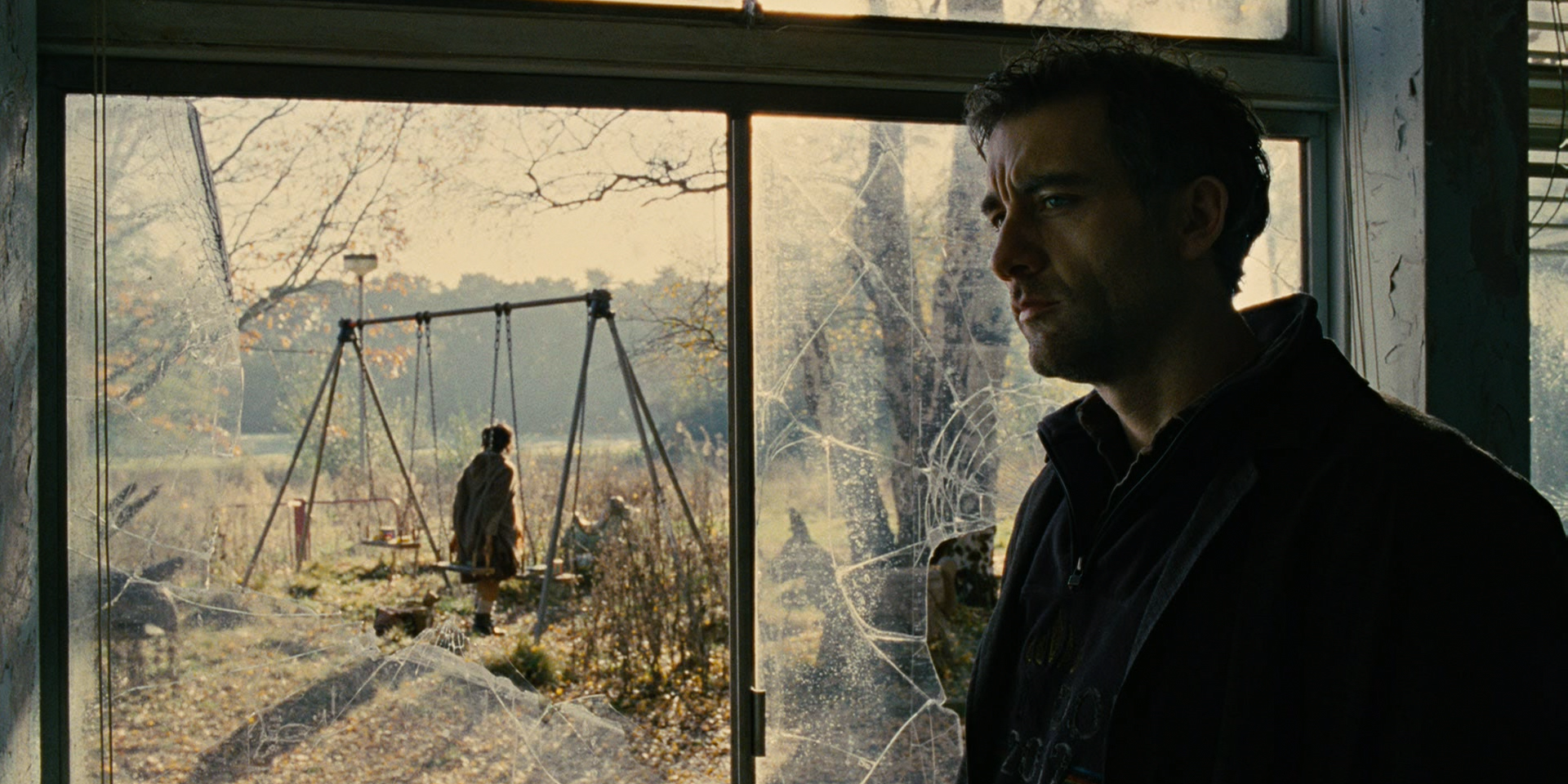When it was released, The Matrix was groundbreaking in numerous ways, using the conventions of cyberpunk and science fiction to pose questions about the nature of human consciousness and society. Now, with The Matrix Resurrections, the saga continues, and the new movie is as biting and incisive as its predecessor.
Fortunately for those who enjoy the thoughtful way that the movie engages with deep philosophical issues, there are a number of other movies, both recent and past, that engage with similar concepts, or at the very least have a similar aesthetic.
Escape From New York (1981)
The 1980s was a golden age for cyberpunk movies with an edge, and one of the best was Escape from New York. Given that this was produced in an era obsessed with crime and criminality, it makes sense that it would focus on a criminal tasked with rescuing the President of the United States from a Manhattan that has been turned into a prison.
It remains one of John Carpenter’s best movies, with a moody and paranoid aesthetic that is sure to please fans of The Matrix Resurrections.
Tron (1982)
Tron is another iconic 1980s movie, and it engages with many of the questions that were becoming ever more pressing in that era of unrivaled progress and scientific advancement.
In particular, with its story about a man who gets trapped within a computer, it explores territory similar to The Matrix Resurrections. It's especially relevant to the issue of whether technology is really a good thing or whether it is, in fact, a new way in which human beings can get ensnared in their own imaginations.
Blade Runner (1982)
The movie Blade Runner remains one of Ridley Scott’s best movies, and it’s a testament to his skill as a science fiction director with a unique vision. As with The Matrix Resurrections, it is a haunting and at times cynical look at a future in which humans regularly interact with constructions called replicants.
The movie is especially notable for both its noirish aesthetic and for the fact that it has been released in several different versions, each of which offers a different interpretation of the events in the movie as well as the true identity of its characters.
Blade Runner 2049 (2017)
Even though it is often difficult for sequels to match, let alone surpass, their predecessors, Blade Runner: 2049 manages to stake out some new territory. Director Denis Villeneuve manages to imbue the movie with his particular sci-fi sensibility, while also keeping the gritty and grim ethos that was such a key part of the original’s appeal.
What’s more, it also features a powerful performance from Ryan Gosling, as one of the replicants. He manages to capture the right balance between humanity and artificial intelligence.
Sleep Dealer (2008)
What makes science fiction such a unique genre is its ability to explore possible worlds, in both a positive and a negative way, and it’s obvious that cyberpunk usually focuses on the latter.
Sleep Dealer, for example, takes place in a future in which would-be immigrants are connected via virtual reality to laboring robots across the border. The movie is a bleak portrait of what may come, and a biting social commentary on various political issues, which makes it an ideal fit for those who appreciate the thoughtfulness of The Matrix Resurrections.
Minority Report (2002)
Yet another director who has developed an extensive repertoire, Steven Spielberg has many great movies under his belt. One is Minority Report, which stars Tom Cruise as a man wrongfully accused of a potential crime.
What makes this movie such a fascinating cyberpunk, however, is the way in which it explores the nature of human agency, and whether society should work to prevent crimes by clamping down on the rights of the individual. In doing so, it addresses some of the same philosophical territory as The Matrix Resurrections.
District 9 (2009)
While much cyberpunk explores the future, District 9 is a bit more grounded in realism, and it ventures into some somber territory. In particular, it interrogates whether it is necessary to be a member of the human species in order to be considered a person. The movie focuses in particular on a human bureaucrat whose fate, and his very identity, begin to become intertwined with those of a group of aliens who have been imprisoned for twenty years.
The Johannesburg-set story is a clear allegory for apartheid, and it is a haunting and powerful movie that is sure to please those who enjoyed The Matrix Resurrections.
The Running Man (1987)
There have been many movies that have explored the corrosive impact of various media on American society, but few with as much bite as The Running Man.
Much like The Hunger Games would do decades later, it focuses on televised executions of criminals. It features a powerful performance from Arnold Schwarzenegger and, like other cyberpunk movies, it forces the viewer to take a hard look at the ways in which society can often sow the seeds of its own corruption and downfall.
Ex Machina (2015)
One of the things that has always allowed the movies in the Matrix franchise to succeed has been their ability to maintain a balance between the philosophy and the thriller components, and that is definitely true of The Matrix Resurrections.
Ex Machina has a similar skill, focusing as it does on the question of whether an artificial intelligence can (or should) take on the attributes of a human being. It is the type of cyberpunk that is designed to stay with the viewer long after the last credits have rolled.
Children Of Men (2006)
Clive Owen has been in many great movies, and Children of Men is arguably one of his best. The film, like all strong examples of cyberpunk, is an exploration of what makes civilizations work and what allows them to fail, and its central conceit is that humans have ceased to have children, with the exception of one young woman.
Even after a decade and a half, it is a haunting and searing movie and, like The Matrix Resurrections, it feels even more pertinent as the years go by.

